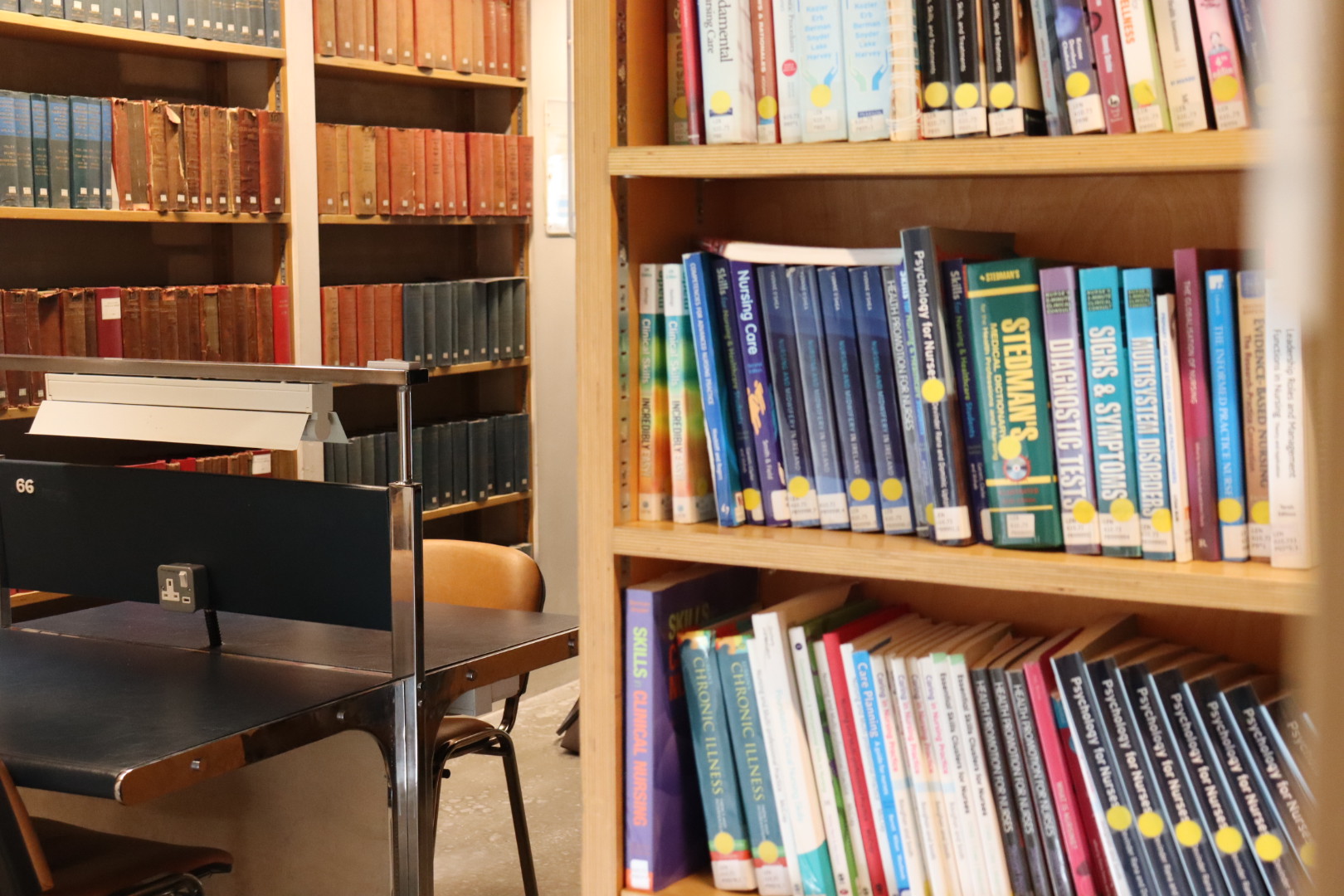Amidst increasing oppression around the world, students are taking to the streets to make noise advocating for justice. While student-led movements have long been influential, this emerging generation faces unforeseen challenges – and benefits – that come with the modern age. At a time when technology is used to counteract resistance movements, young people put their futures in jeopardy of serious damage by choosing to join. The burden of change weighs heavily on the students who assume these risks, raising the stakes for their futures.
In Türkiye, the arrest of Istanbul Mayor Ekrem İmamoğlu on March 19th sparked protests across the country that are still ongoing. Mere days before İmamoğlu’s intended announcement of his bid for the presidential election, he was virtually disqualified from the race. This arrest occurred the same day İmamoğlu’s university diploma was revoked, a prerequisite for running for President. Many supporters and pro-democracy advocacy groups have described this arrest as unfounded and due to President Recep Tayyip Erdoğan’s own political motivations. İmamoğlu is viewed as the main rival to the current President and the most likely person to end his 22-year run leading the country.
The government’s response to these protests has involved the use of fear and intimidation to break up its momentum. Protesters have reported brutal treatment by police, who have used physical force and tear gas to break up peaceful demonstrations. Students and journalists have been arrested and deported simply for participation in these movements, including many at home in the early morning after authorities track them down using face recognition and social media. Over 300 students have been arrested, most of whom have spent weeks in jail. In a last-minute move, the recent holiday of Bayram (Eid al-Fitr) was changed from a three-day to a nine-day holiday as a deliberate move to push people out of cities where demonstrations centered and give time for the issue to cool off.
Still, demonstrations have continued – in the streets and in the form of boycotts. Economic boycotts target specific brands and on specific days to show the strength of the opposition movement against President Erdoğan and his party. Those participating have been threatened with legal consequences, but many have questioned how these practices are illegal and the logistics of how they can be checked. Students have also used academic boycotts to resist the government’s actions, resulting in threats of academic and legal proceedings against students and faculty who participate in or support these academic boycotts. Rather than relying on traditional protests, demonstrators are forced to find more creative means to organise, such as informal gatherings, seminars, and workshops to generate solidarity.
In Serbia, students took to the streets to protest corruption in their government, particularly sparked by the train station collapse in Novi Sad in 2024 that killed 15 people. Students called on the government for full disclosure of these events and accountability around its handling. Like the response in Türkiye, the Serbian government’s reaction to the protests has included large-scale arrests, scapegoating, and the use of fear tactics to repress the movements against it. Reports of illegal sonic weapons used on demonstrators sparked outrage from rights groups, although the government denied these accusations.
Students in America are facing similar fears, with many fearful of protesting President Trump’s latest pro-Israel actions after the recent deportations of student activists and increased government influence in universities to suppress these protests and take action against those who participate. Rumeysa Ozturk, a PhD student, is one of 300 whose visa was revoked for her pro-Palestinian advocacy. Ozturk was taken suddenly by plainclothes ICE officers while out with friends as a result of an article that she co-wrote urging her university to “acknowledge the Palestinian genocide” and “divest in Israeli companies”. Both the tactics and rationale used in these types of deportations raise fears about what the future may have for both international students and even US nationals who speak against the government.
At Trinity, students are met with a warmer environment regarding their expressions of speech but are still left with the reality of having their names attached to the movements they support. These ties leave students at risk of carrying the consequences of affiliation with them throughout their lives. A change in political climate could lead to these issues resurfacing at any point in their lives. Students assume an unknown risk in their careers and personal lives simply by taking a political stance. Future employers may object to affiliations with a movement, sacrificing potential opportunities that would otherwise be open. These risks are taken on by students willingly but with a blindness towards how they may escalate in future years.
Involvement in a political movement now carries the risk of being branded with a scarlet letter. At a time when one’s actions will linger with them the rest of their lives, the risks taken on by today’s youth are insurmountable. While social media is used by many as a tool for organizing and gathering support, it is also a tool that can be used to track down those who will allege involvement in an action. Prohibiting face coverings at demonstrations ensures that everyone involved carries the fear of their involvement being on record for years to come. In contrast, those who still choose to use a covering are deemed as having something to hide.
Students have historically been the first to start a movement fighting for social and political change. Universities are places where more progressive ideas are bred and later adapted to the realities of the world. However, these movements are not just students’ issues. Students do not have the least to lose from participating in these actions. While they may have the ability to stop going to class and march, they also have entire futures at stake while they do so. Additionally, no change can be successful with just one group involved. Student-led movements may spark the initial action, but the public must take the weight off the shoulders of its youth to achieve real political action.
In Türkiye, you can see the support of the students from the public in many instances. Every night, those opposed to Erdoğan’s actions bang on pots and pans outside their apartment windows, causing a flurry of noise for about five minutes a day. People support protesters as they go by, joining in on chants, honking, flickering their apartment lights, or just making noise. These actions are applauded, as even small gestures show solidarity that keeps momentum going.
The fear tactics used to suppress these movements around the globe target the working class, who have families to support. With economic insecurity at the forefront of people’s minds, few can afford to jeopardise their financial situation to fight for the ‘bigger picture’. At the same time, students argue that they cannot afford not to resist the actions of their governments with their nation’s well-being at stake. For this reason, the grassroots organization is left to the students, who find themselves going head-to-head with a powerful government. Students remain persistent that their hope is not broken as long as solidarity is alive. The general public’s actions, however, will prove to be a crucial decider in the outcome of this struggle.







